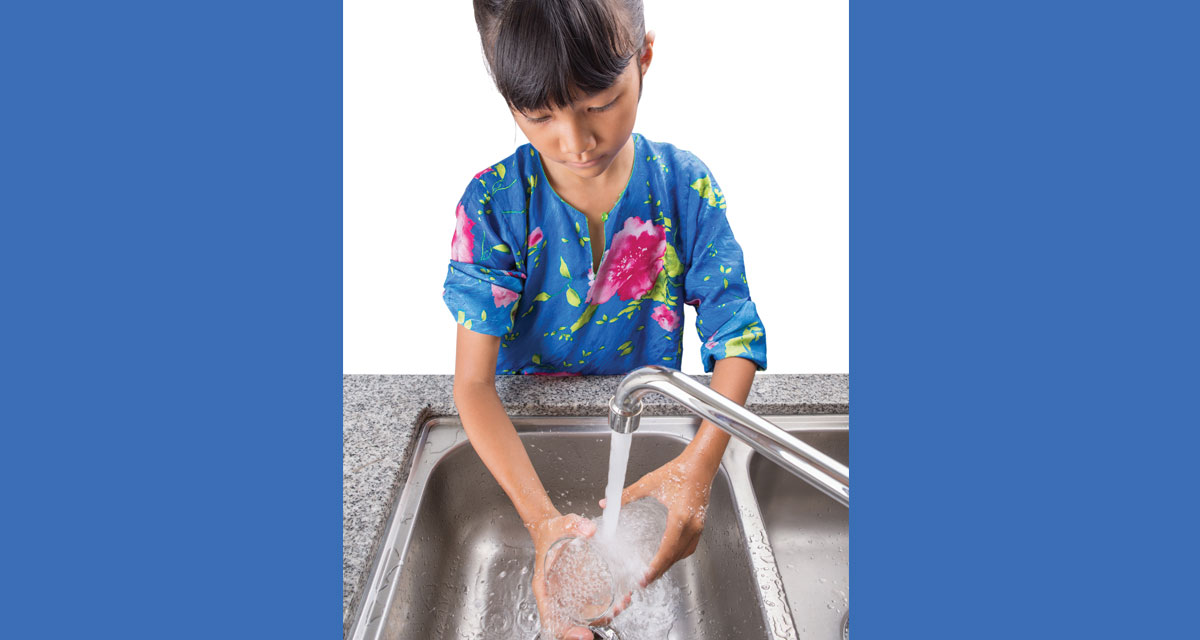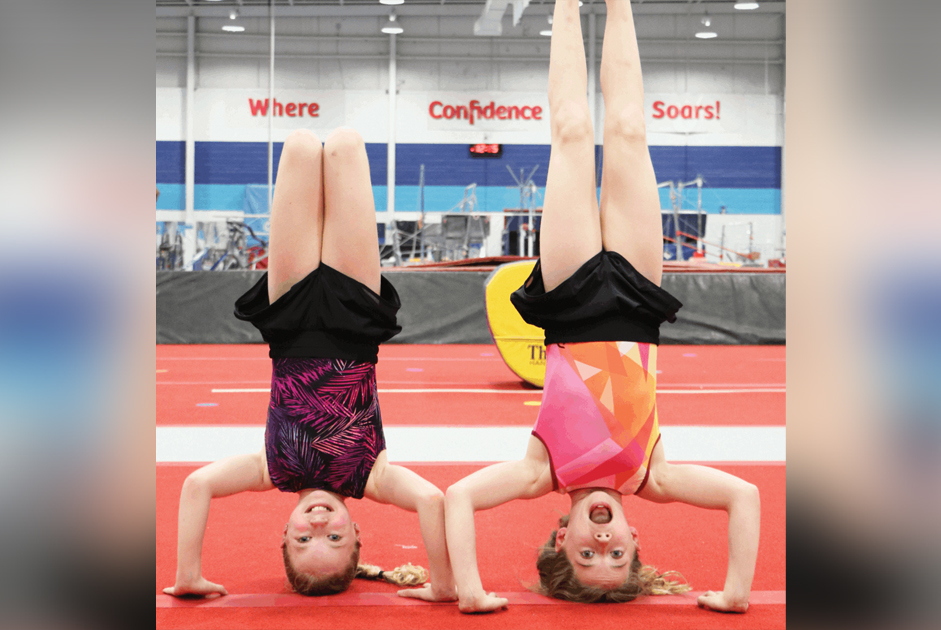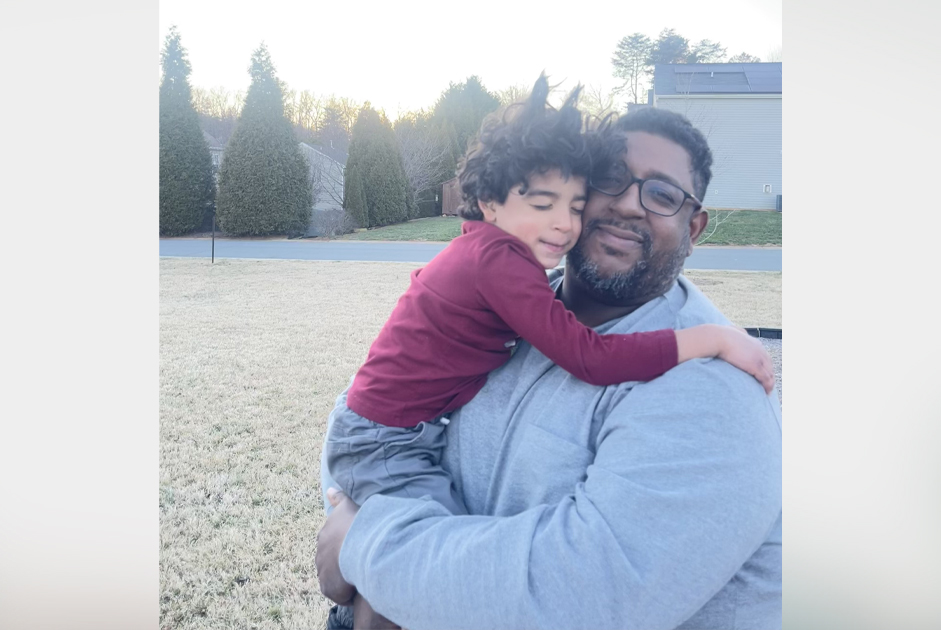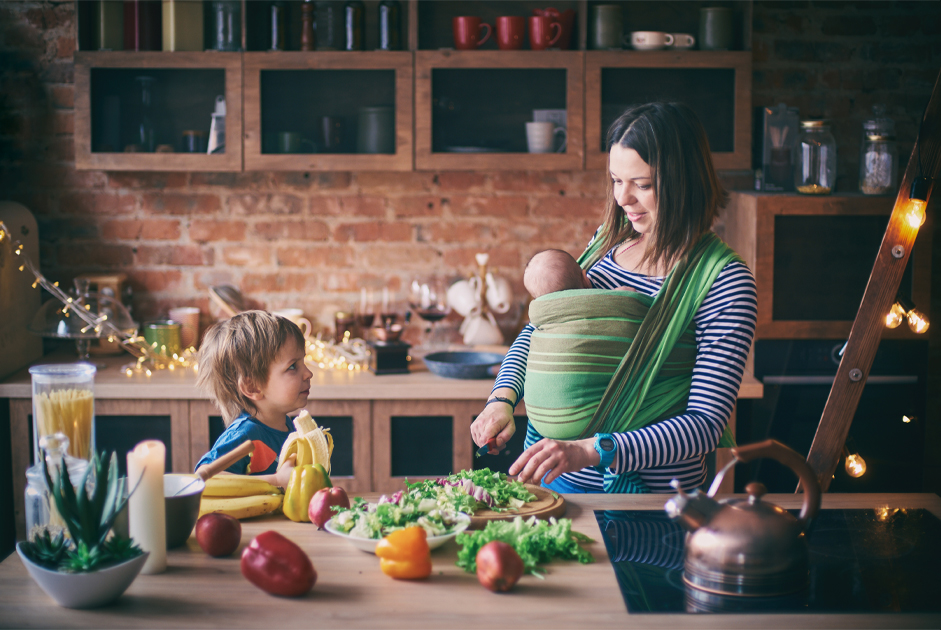In our high-tech world of convenience, it is easy for children to miss out on learning practical life skills. The most important aspects of living do not come from pressing a button on a GPS, or app, or through the Internet. Out of habit and love, parents’ step in to accomplish basic tasks that children are really more than capable of completing themselves. While most children are educated in today’s world, they need to learn the “work” of life.
Household Tasks
By age two, most toddlers can achieve basic organizational skills, such as putting pajamas in a drawer or laundry hamper, tidying up a room, assisting to make a bed, and cleaning up spills. By four, he or she would love to help in basic skills such as gathering and sorting laundry, dusting a bookshelf, and putting away goods on the lower shelves of a pantry. Despite the numerous reminders, every step a child progresses in the role of self-sufficiently, including personal hygiene, can ensure an independent and productive adult.
Tip: Try not to use the term “chore” for household tasks as it offers a negative connotation. Vacuuming, laundry, emptying the dishwasher, and taking out the trash are contributions required by every member in the household; therefore, choose another reason for giving an allowance.
Financial Responsibility
Money is much more than adding and subtracting, applying a decimal point, and using plastic to pay a bill at the end of a billing cycle. Two of the most important lessons in teaching finance is that the value of saving is equal in importance to keeping a balanced budget. Allowances often are the first step to help kids understand the importance of saving money and making good decisions before purchasing. Saving accounts work as a two-way street. Children who add to their account should see the monthly statement while engaging in discussions to understand the positive influence of interest rates.
Emergency Situations and First-Aid
Panic and confusion are the first two reactions in an emergency. When families can openly discuss the “what if” scenario, children are more likely not to panic and know what to do. Show the location of essential phone numbers, what to do in an emergency, and where to find and use an emergency kit. Additional skills include swimming, reading a map, changing a tire, lighting a fire, and safely asking for help.
Handling Tools and Understanding Repair and Maintenance
Between the ages of eight and ten, children can learn the purpose of various-sized Allen wrenches, Philips and flathead screwdrivers, and pliers. And, safely using a drill, saw, and hammer. Countless teachable opportunities pop up at home to encourage a child to engage in a hands-on lesson.
Tip: A basic tool kit, including a knife and flashlight, are perfect gifts for children who love to help at home—at the time when they start to drive, or graduate from school.
Growing, Foraging, and Fishing
By the age of six, children can identify healthy foods. An 11-year-old, on the other hand, can navigate through a grocery store to buy needed foods to make a recipe. The preparation for these milestones requires open dialogue and gently correcting mistakes. Lessons expand when discussing gardening. Even if a family grows fruits and vegetables through containers, creativity in utilizing space is a practical skill that requires practice.
Food may not always be accessible; therefore, children can learn a few lost arts, such as:
- the medicinal value of plants and herbs;
- foraging and distinguishing between good and poisonous berries and plants;
- using a fishing pole, bow and arrows, and a firearm;
- canning and food preservation.
Caring for Others
Whether a child cares for a younger sibling, neighbor, or family pet, these interactions can shape a child’s values and help him or her develop the power of empathy. In receiving unconditional love, they, too, need to practice kindness toward all walks of life.
Understanding Failure
A poor grade, not making the team, coming in third place, or upsetting a best friend are not failures. Every disappointment results in a valuable lesson. While parents can contact a teacher or coach to gain clarification of the reason, not all children are chosen or should be handed a grade. Hard work and responsibility are lessons that lead to success in adulthood.
While you may be able to think of ten more life skills that should be listed, the goal is to ensure your child is ready for the real world. Why wait another day? Begin the discussion and hands-on demonstrations!




















